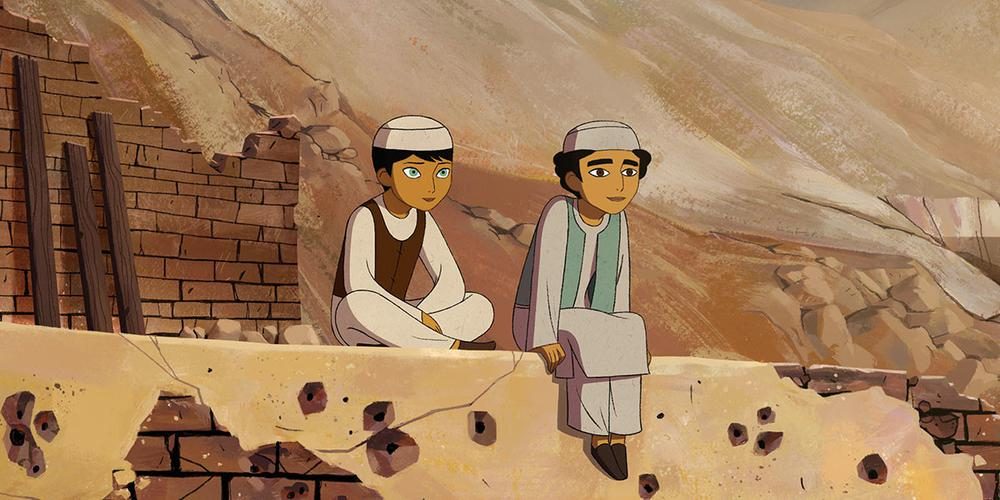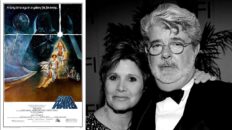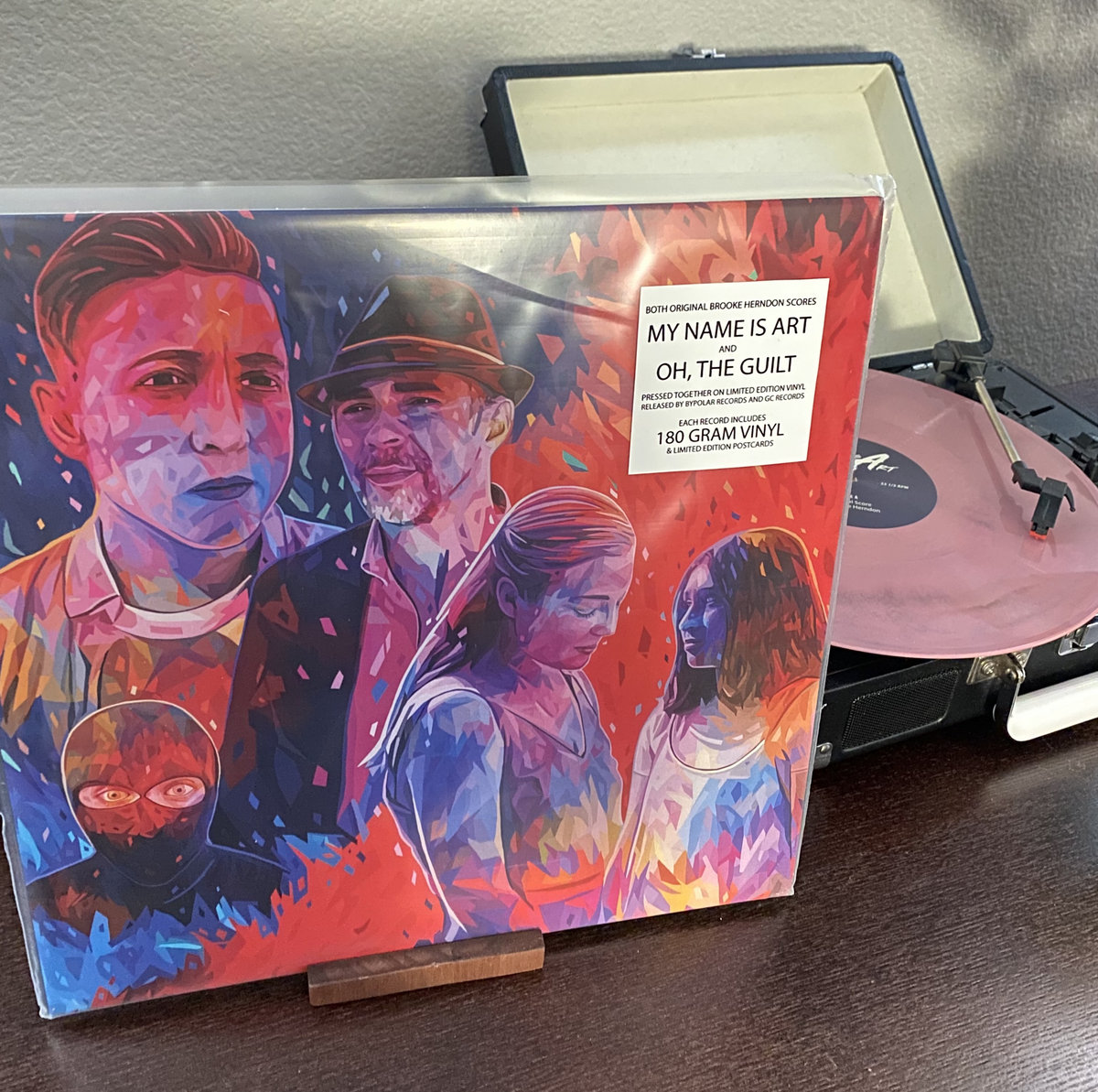“You may tell a tale that takes up residence in someone’s soul, becomes their blood and self and purpose. That tale will move them and drive them and who knows that they might do because of it, because of your words.” ― Erin Morgenstern, The Night Circus
***
What good are stories – what good is storytelling – in the face of a cruel and unforgiving world? In the face of perilous and frightful circumstances? This is the central question in Nora Twomey’s marvelous The Breadwinner.
Twomey previously co-directed the equally marvelous The Secret of Kells with Tomm Moore who went on to make 2014’s Song of the Sea. At this point it might not be farfetched to compare Twomey and Moore’s output with the production studio Cartoon Saloon to the work of Studio Ghibli. In fact, The Breadwinner has some similarities to Studio Ghibli’s Grave of the Fireflies, both centering around children in the midst of war.
Set in Afghanistan in 2001 while the country was under Taliban control, The Breadwinner is the story of a young girl, Parvana (Saara Chaudry), whose father tells her stories out of his love for her about their people’s history to both soothe her anxiety and give her a sense of the scale and span of history. It was James Baldwin who said, “You think your pain and your heartbreak are unprecedented in the history of the world, but then you read.” Parvana’s father, in his own way, tells these stories to his daughter to give her perspective, and that is a valuable and rare gift in such a setting as they live in. Indeed, when her father is arrested and taken to prison by a young Afghan – now a member of the Taliban—who had once been his student, it is this gift that allows young Parvana to face the challenges of continuing to give others hope through storytelling and take material care of her mother, older sister and baby brother.
Only able to go out in public covered from head-to-toe, Parvana’s mother (Laara Sadiq) is still beaten with a stick when she attempts to visit her husband in prison for not being accompanied by a man (her husand, obviously an impossibility, or her brother). And so it falls to Parvana to fetch water, sell goods at the marketplace, and gather food for her family. Even as a child, these are daunting tasks because of her gender. So with the help of her sister (Shaista Latif), Parvana cuts her hair and disguises herself as a young boy.
It is still difficult to make enough money to provide for her family disguised as a young boy, but Parvana persists and even takes on the mantle of storyteller, soothing her baby brother and bringing hope to her family and those who might listen. One who listens is Shauzia (Soma Chhaya), another girl she had known from school who has similarly disguised herself as a boy to be able to navigate the Afghan capital city of Kabul in public. The two form a deep bond, and while Shauzia takes a cynical, rationalist approach to the life they live, she is nonetheless inspired by Parvana’s stories and unwavering commitment to not accept the way things are (Parvana can do this because she has participated in storytelling – in listening to and creating stories, stories that speak of hope, change, and even history).
From William Shakespeare’s As You Like It and Twelfth Night, to Éowyn in Tolkien’s The Lord of the Rings books, to Disney’s Swiss Family Robinson (1960), stories about women dressing up as men – becoming men – are part of the cultural fabric we recognize. The live action Afghan film Osama (2003) tells a strikingly similar story as The Breadwinner, that of a young girl disguising herself as a boy under Taliban rule in order to provide for her mother and grandmother. What struck me while watching The Breadwinner, like many of these other stories, was the dire seriousness of the transformation. While we are also familiar with many stories of men dressing up as women, the vast majority are played to comic effect (from Cary Grant in I Was a Male War Bride to Robert DeNiro in Stardust) or as some form of personal flaw or demon (Buffalo Bill in The Silence of the Lambs or Leonardo DiCarprio’s J. Edgar Hoover in J. Edgar). Here, the transformation is necessitated by the very struggle to survive – to have some form of agency, to eat, to drink.
Parvana hatches a plan with Shauzia’s help to visit her father in prison, to see him again and hear his news, and to bring him his walking stick. Like the character in the story she narrates throughout the film – named for her dead older brother – who seeks to reclaim stolen seeds for his village from the Elephant King, a terrible beast who has rarely or never been defeated, Parvana’s plan seems naive and hopeless. But like the character in her story who tells the truth to calm the great beast, Parvana finds courage and assistance when she tells her story and speaks the truth of her situation.
Storytelling is a communal exercise that we partake in to try and figure out who we are, what we should do, and the greater truth of our existence. Parvana’s character within her story tells a story himself – a hard story, a tragic story, a true story – and this story within a story within a story becomes a type of healing. Though the world might continue in turmoil around them, Parvana and her family can retain hope, find some small peace, and carry on because through her stories they have understood their love for each other, their shared sorrow, and the long view of history and the world. Stories that are more than just tales with happy endings or entertainments which do not challenge us, stories that face ourselves in all our forms – in our despair and grief, in our challenges, in our hopes and dreams – combat the narrative that society forces upon us: that there is no hope, that we must become cogs in the wheels of the current culture around us, that we must not ask, “Why?”, that we must fight only for ourselves. The Breadwinner is such a story – both timeless and set in a specific time and place – and one that I hope gets seen and discussed by many.









